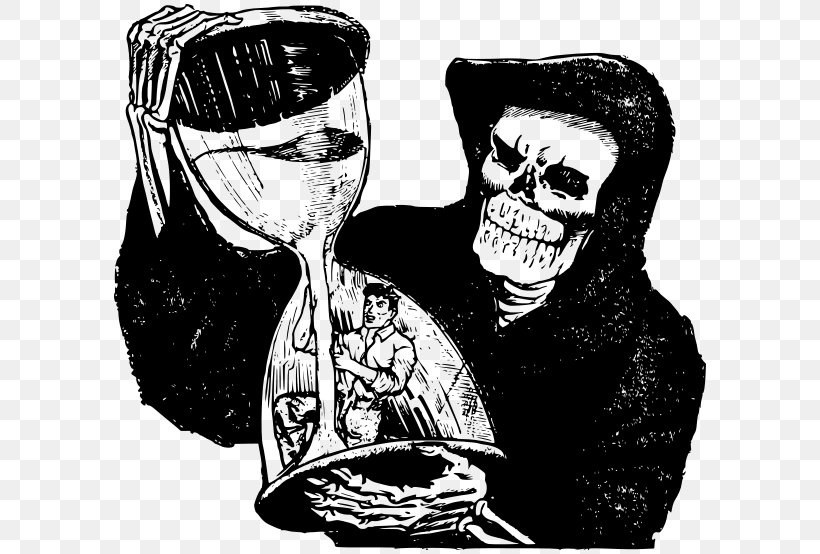Like a lot of us, I’m excited about Arcane Library’s Shadow Dark.
Many of the reviews on YouTube focused on DS’s implementation of real-time torches—a torch’s light being set to a real-life one-hour timer. I have tinkered with real-time torches in the past and found them useful. Usually, in my family game that I GM, we don’t go delving underground much or just kind of handwave light restriction, but we have used real-time torches.
They add a nice sense of tension to the story.
More importantly, they help foster this mindset of, “We have to make a decision quickly. We can’t sit around lollygagging.”
I have played at tables that drowned in lollygag.
I wouldn’t want to overdue this mechanic and have a dozen timers setup, but I was wondering how to use a one-minute sand timer at the table to add some tension and quicken decision-making.
That’s when I thought of a death-timer. When a player drops to 0 hit points, instead of giving them so many rounds, what if the sand timer were flipped and placed in front of the player or even on the table next to the PC’s fallen character token?
When a PC drops to 0 hit points, the party has one-minute in real-time to save them or the player needs to roll a 20 on their turn, or it’s bye-bye amigo.
Most gamers have at least a couple of these timers from other board games in case more than one player drops.
I’m wondering if anyone has tried a real-life timer for a dying character. If so, what were your thoughts?
Do you think this would add the right amount of tension? Is one minute the appropriate amount of time? I’m open to feedback and ideas.
Cheers!

